
News writer
It was the summer of 1612, and the Virginia Company had endured five long, pitiless years attempting to establish a viable colony in the New World. The company's settlement at Jamestown had weathered starvation, violence, dwindling supplies, defections to neighboring Native tribes, and a drought so punishing that archaeologists would later deem it to be the worst in 700 years.
Up to that point, the project, which the Virginia Company and its investors had hoped would reap handsome dividends in the form of lucrative natural resources, had been tumultuous and costly—both in English crowns and in the lives of the British laborers and gentlemen explorers who embarked on the daunting campaign.
Desperate for financing to keep the languishing venture alive, the trading company sought assistance from King James I, who'd chartered the firm several years earlier in 1606. While the king would not rescue the Virginia Company with funds from the crown, he did permit its leadership to carry out a lottery in England to help them attain some level of financial solvency—and, perhaps, reverse the imperiled fates of the bereft, immiserated settlers whose lives teetered in the balance. The lotteries, according to Ainsworth Rand Spofford, the sixth Librarian of Congress, “were to be opened in London or in any towns within the realm of England, with such prizes, agents, etc., as the Company found convenient.”
Having officially secured the imprimatur of the king, the Virginia Company moved ahead with drawings for the lottery in June and July 1612. A tailor named Thomas Sharplisse, who spent two shillings and sixpence on his ticket, would be the winner of the company's grand prize: 4,000 crowns, a modest fortune at the time. The company held a second lottery in the fall of 1615, but shortly thereafter, the practice began drawing the ire of the House of Commons, which felt that the lotteries were being carried out illegally because they'd never been approved by Parliament. In 1621, the British government prohibited the company from raising any more funds through lottery drawings.
Though short-lived, The Virginia Company's lotteries—which collectively raised £29,000 —proved to be a crucial method for rapidly pulling together sizable capital. Captain John Smith himself, famed British explorer and one of the leaders of Jamestown, declared the lottery “the real and substantial food.”
Given the ruinous state of Jamestown and the dire financial straits of the Virginia Company, it's entirely possible that without drawing on the fundraising capabilities of a lottery, the British company's floundering experiment in the New World would not have been salvaged. The rapid injection of capital into the struggling joint-stock company allowed the firm to send more supply ships across the Atlantic, providing settlers with the resources and provisions they needed to continue their arduous enterprise.
From the very first chapter of U.S. history, lotteries served as an invaluable financial instrument. Before the proliferation of sprawling tobacco fields in Virginia, the swift expansion of British colonies all along the Eastern Seaboard, and the history-shattering ramifications of the Revolutionary War, they were an integral if largely unheralded piece of the American puzzle. Without them, the viability of Jamestown—and everything that would come to grow out of it—is cast in uncertainty and doubt.
Seed funding for a new republic
Following the Virginia Company's lotteries in London, over the subsequent decades, the contests were successively imported to the nascent colonies. Over time, they would prove themselves an ideal system for a society that needed to raise the prodigious amount of money required to build itself from the ground up.
One of the earliest recorded examples of an official American lottery, according to Spofford, the Librarian of Congress, was a February 1720 notice published in American Weekly Mercury (Spofford makes clear that there were almost certainly other lotteries predating this record). Held in Philadelphia, at the time the colonies' largest city, the lottery had a drawing of 350 tickets at 20 shillings apiece. Contemporary Americans might find the grand prize three centuries ago somewhat bemusing—if not altogether inappropriate: “a new brick house, corner of Third and Arch.”
Lotteries in the American colonies were more than just frivolous games of chance organized by a handful of opportunistic impresarios, though. They were put together in Philadelphia, Boston, and other bustling colonial cities to raise money for major infrastructure projects that built out those cities, connected the colonies' urban centers to their rural hinterlands, and advanced incipient institutions that would become inextricably woven into the nation's cultural fabric. Throughout the 18th century, the capital raised through these drawings helped colonists pave roads, erect public buildings, engineer bridges, and construct batteries to defend their major population centers. No less an eminence than Benjamin Franklin served as a major proponent and purveyor of lotteries, organizing drawings to fund civil associations, including fire departments, and establishing a militia to protect civilians against pillaging attacks from French troops.
For decades, lotteries in the American colonies were authorized by state governments and commonwealth authorities, who often directed the games to raise money for specific civic projects or causes (say, the construction of a municipal building or a university campus). The drawings, often featuring politicians and other recognizable figures serving as “managers” and thus granting the proceedings a sheen of credibility and merit, were held in courthouses all over New England, Pennsylvania, and the mid-Atlantic.
In his research into the history of lotteries in the U.S., Spofford came to see how colonists understood these contests through a civic lens. “For many years after this practice began to prevail,” he wrote, “it was not regarded at all as a kind of gambling.” Rather, individuals saw it as a way to contribute to the colossal effort of stitching together a new society from a smattering of disparate settlements to provide what might be seen as a kind of “seed funding” for a burgeoning republic.
Part of what made these lotteries such an appealing, potent fundraising mechanism was the fact that they were effectively serving as an alternative to taxation. Instead of legally forcing colonists to pay a portion of their wages to their local governments, these ventures raised funds in a more flexible, less obligatory way that did not impinge upon those who were scrabbling to survive and needed every shilling they earned. After all, it's worth remembering that many European colonists were struggling to find their financial footing, establish new livelihoods, and, in some cases, work themselves out of yearslong contracts of indentured servitude. Tacitly or otherwise, the lottery model accommodated the myriad of challenging financial circumstances colonists were living under. As a voluntary system for pooling colonists' resources together, it was able to bankroll the large, expensive endeavors so critical to establishing a competitive territory capable of attracting immigrants and supporting a surging populace.
It wasn't until the fall of 1776, though, with the colonies entrenched in a revolutionary war against the British Monarchy and King George III, that the promise of the lottery as a viable alternative to taxation—and a subtly important piece of the precarious American project—would truly be put to the test.
Financing the American Revolution
By the fall of 1776, the thirteen colonies had been at war for well over a year (the conflict had started at Massachusetts' Lexington and Concord in April of 1775). State government war chests were all but picked clean, the newly created Continental Army was running out of muskets and ammunition, and the Continental Congress was struggling to pay monthly salaries for the colonels, captains, and privates who were risking their lives for the dream of American independence.
Against this tense, harrowing backdrop, on November 18, Congress authorized a national lottery. The delegates hoped the game would rally Americans in two ways: first, by compelling them to offer their support to the costly and existentially important war effort, and second, by tapping into their well-established penchant for laying down a wager.
The Continental Congress's plan involved an intricate—and, in retrospect, perhaps unnecessarily complex—scheme under which four classes of lottery tickets would be sold at varying prices. The goal was to raise $1.5 million for the war (a not-insignificant sum of money when adjusted for inflation). As the months ticked by, however, sales of the first class of lottery ticket were not nearly as brisk as many expected: by the date of the planned drawing, on May 1, 1778, little more than 20,000 tickets had sold (Congress planned to sell 100,000).
The drawing was pushed to the end of the month, at which point sales climbed only modestly to around 37,000. Things were clearly not going as planned. Owing to the lackluster performance of the first round of tickets, the government scrapped the scheduled sale of subsequent classes. Nearly two years after authorizing the nation's first federal lottery, Congress's gambit into the alternative fundraising method was finished. The government emerged from its disappointing foray into the game with a total of just $100,000 in proceeds.
Doomed by a confluence of factors, the wartime lottery was never able to measure up to the success enjoyed by smaller, more localized versions. Mismanagement and a bungled campaign to advertise the contest throughout the 13 colonies are often cited as reasons the venture failed so spectacularly—a case of bold ambition that wasn't matched with the requisite logistical finesse. The extreme volatility of the nation's new currency, the Continental dollar, which rapidly depreciated over the course of the war, also played a major role in sabotaging the delegates' efforts.
The failure of the federal lottery would not prove to be any sort of enduring condemnation of the game itself, though. Once the dollar stabilized and America won its independence, lotteries would return to their position of prominence in a young nation with an appetite for change, growth, and glory.
The greater and lesser goods
As the newly independent nation moved into the 1790s and neared the cusp of the 19th century, states became increasingly involved in chartering lotteries through public-private partnerships that funded various civic ventures. Pennsylvania used lotteries to raise funds for a new transportation system, while New Jersey chartered contests to accrue enough revenue to build courthouses and colleges—including the College of New Jersey, eventually to be renamed Princeton. The chartering system became an efficient, powerful way for states to sanction lotteries and funnel the proceeds toward vital projects that advanced the public good, and it would flourish for decades.
Although they're rarely acknowledged today beyond the musty confines of history's marginalia, colonial lotteries played an indisputably critical role in America's founding. The proceeds from lotteries buoyed Jamestown when it swayed on the precipice of collapse and dissolution, funded major infrastructure projects for over a century amid the financial precarity of the colonies, and continued to propel the nation's maturing institutions and public works in its earliest stages as a sovereign country. In an environment where European investment was an ocean away and sporadic in the best of times, and settlers enjoyed extremely low tax rates compared to citizens of other Western nations, the lottery stood as one of the precious few methods available for consolidating wealth and realizing tangible progress.
From the perspective of an American in the colonial era, the attraction of these contests is not difficult to discern. Lotteries appealed to both colonists' investment in the collective advancement of their society—these were, after all, tickets illustrated with patriotic images of schools, roads, and bridges—and their more personal dreams of striking it rich and permanently transforming their lives for the better.
The system, at least as it was developed and deployed in America, is rooted in a kind of core anthropological conviction: that while people are usually willing to support important civic causes in some capacity, their enthusiasm for such projects will always swell to something approaching exuberance if their own fortunes are layered into the affair. It's this delicate balance—between the greater good and its lesser, more self-serving counterpart—that has always constituted the ingeniousness of the lottery form. And it's a balance that still resonates more than two centuries later, with millions of Americans eager to try their luck at a game whose humble, haphazard origins are both a mirror and springboard for their country's own.
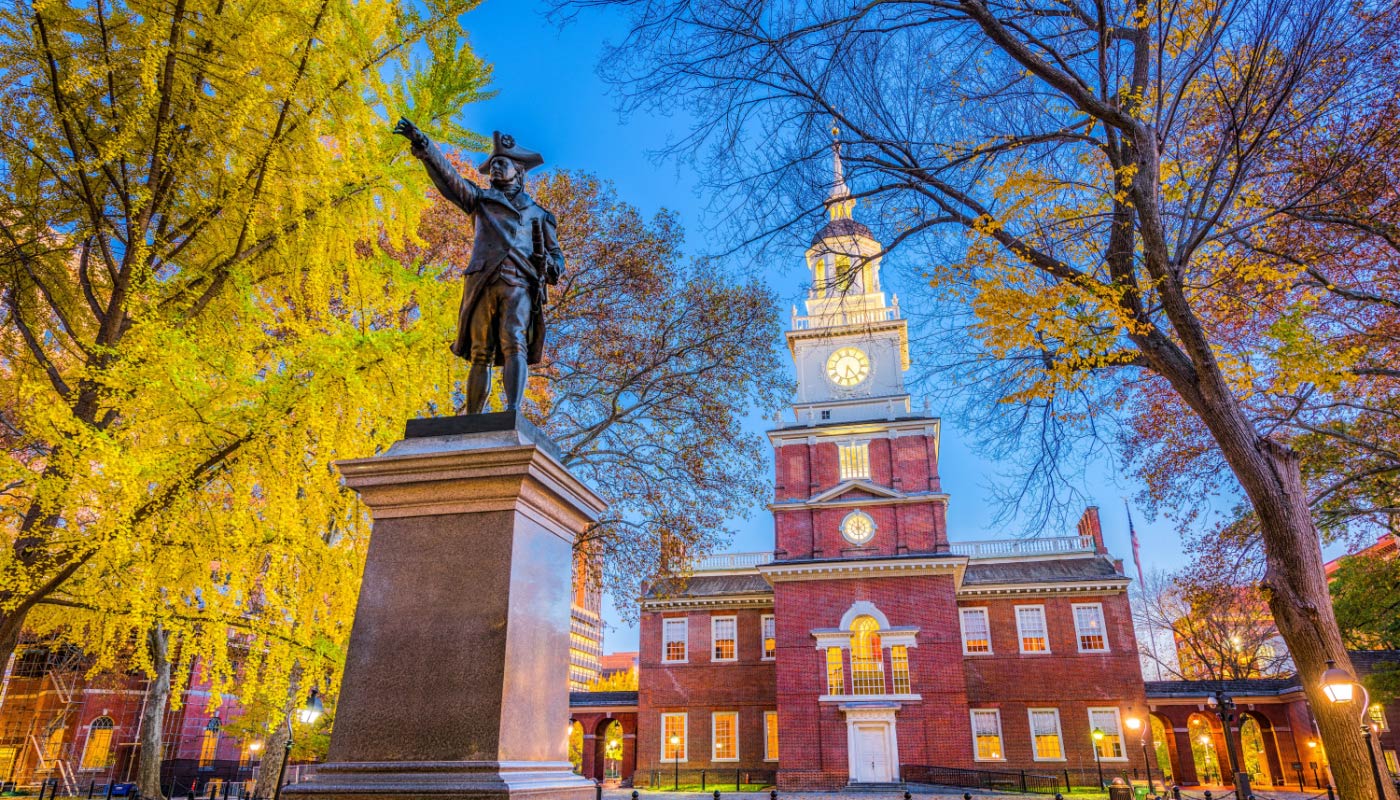
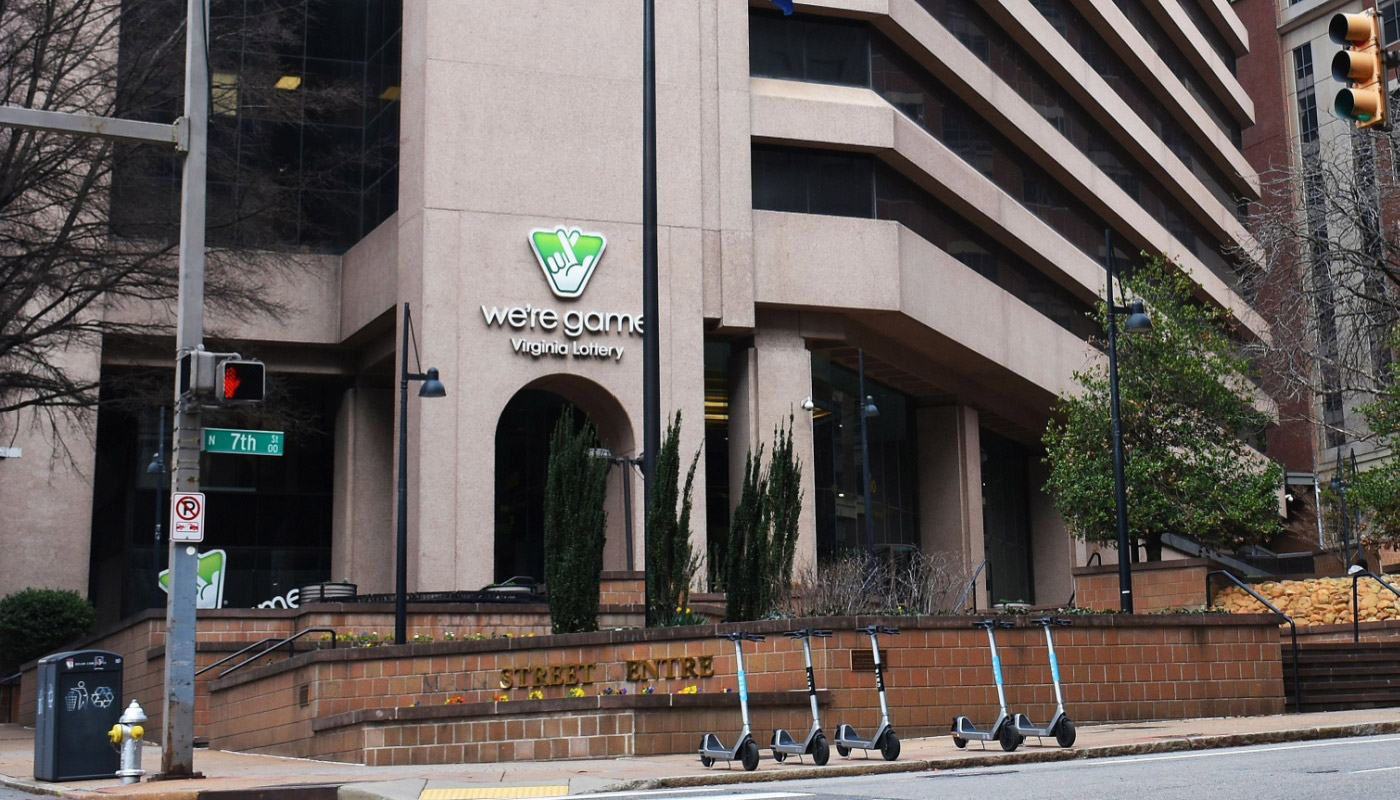

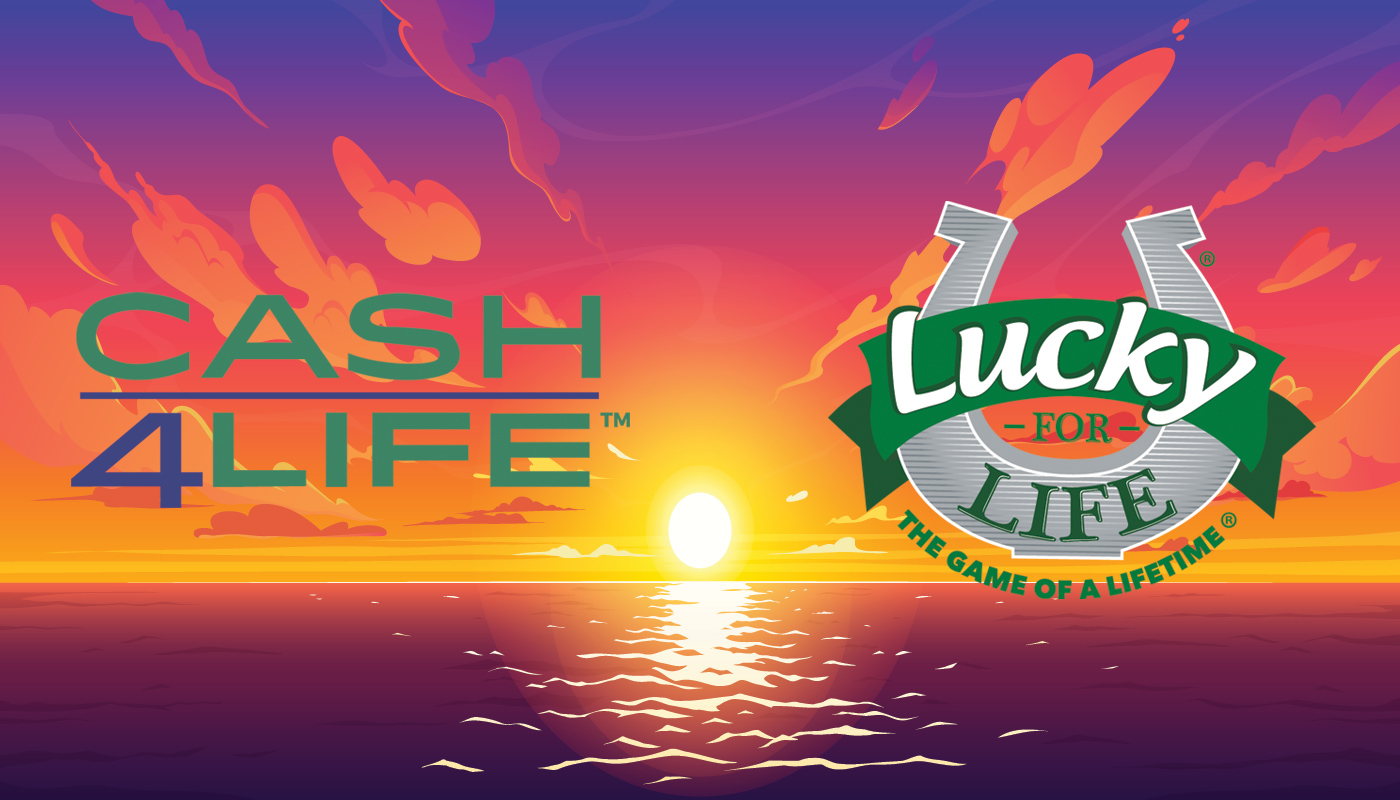

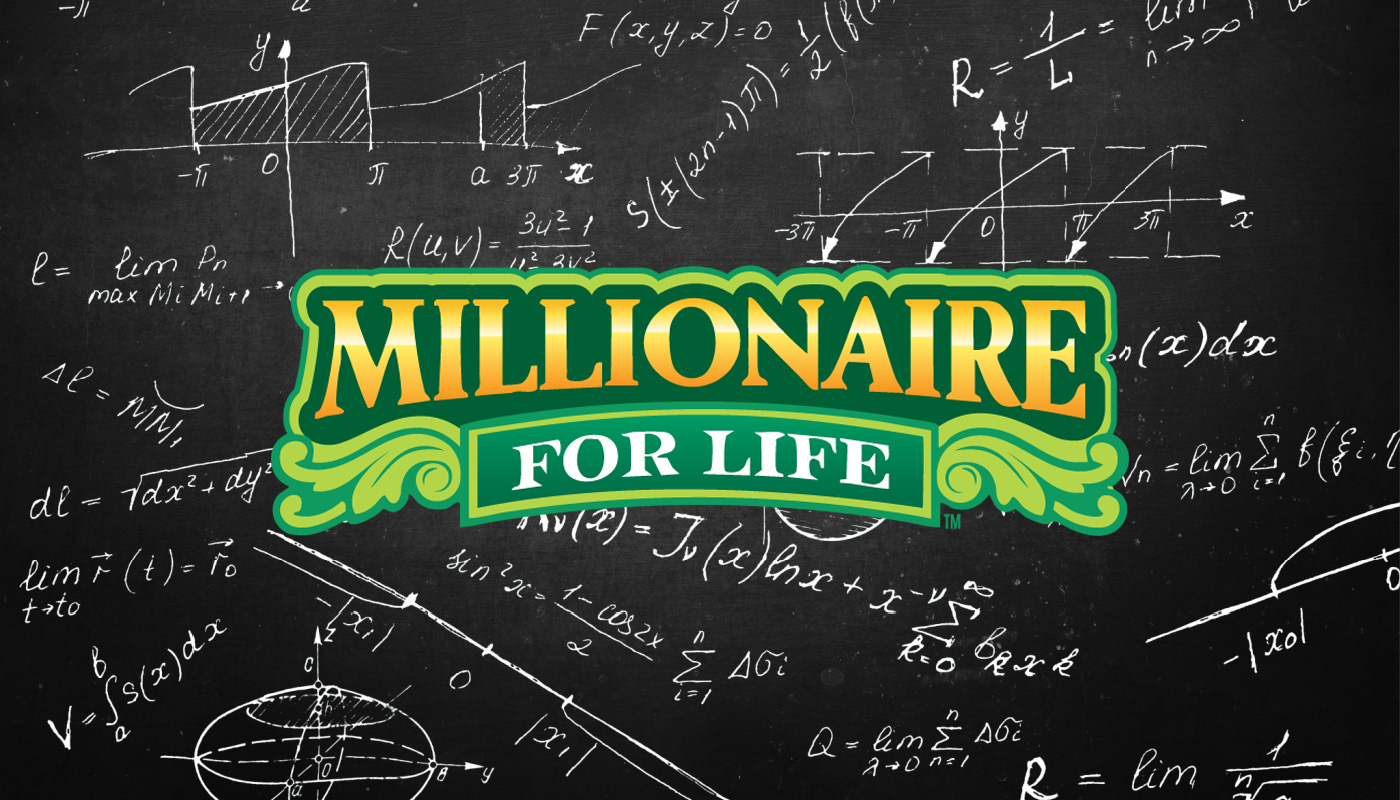

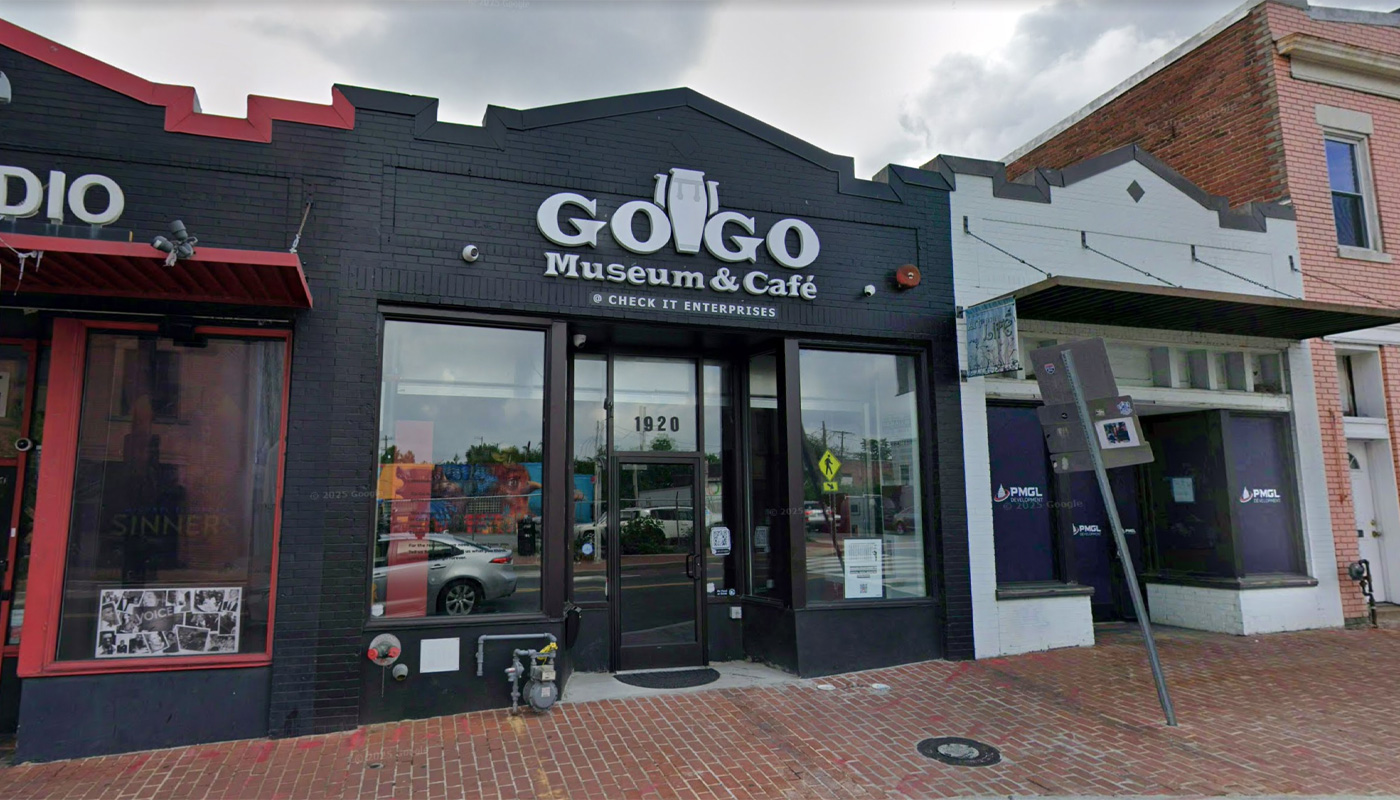

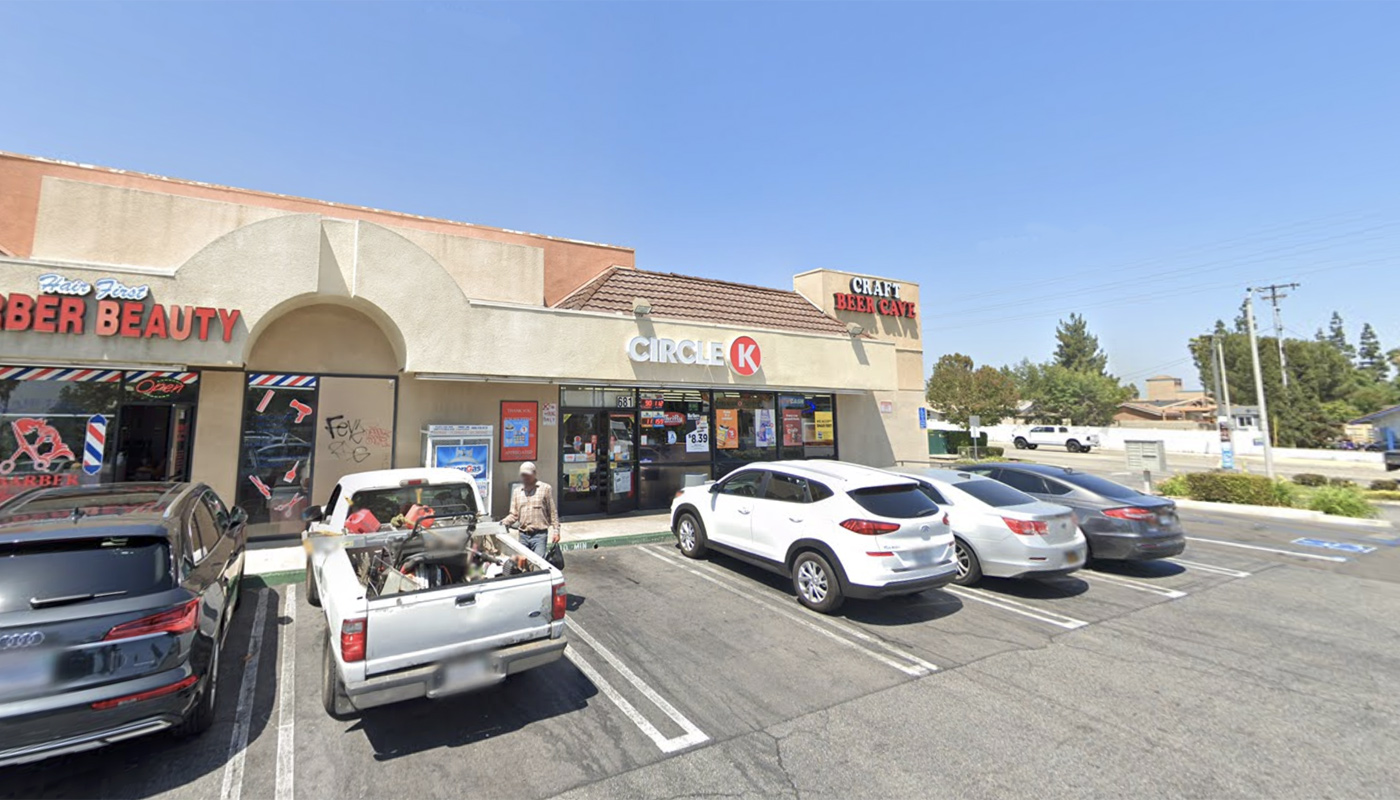
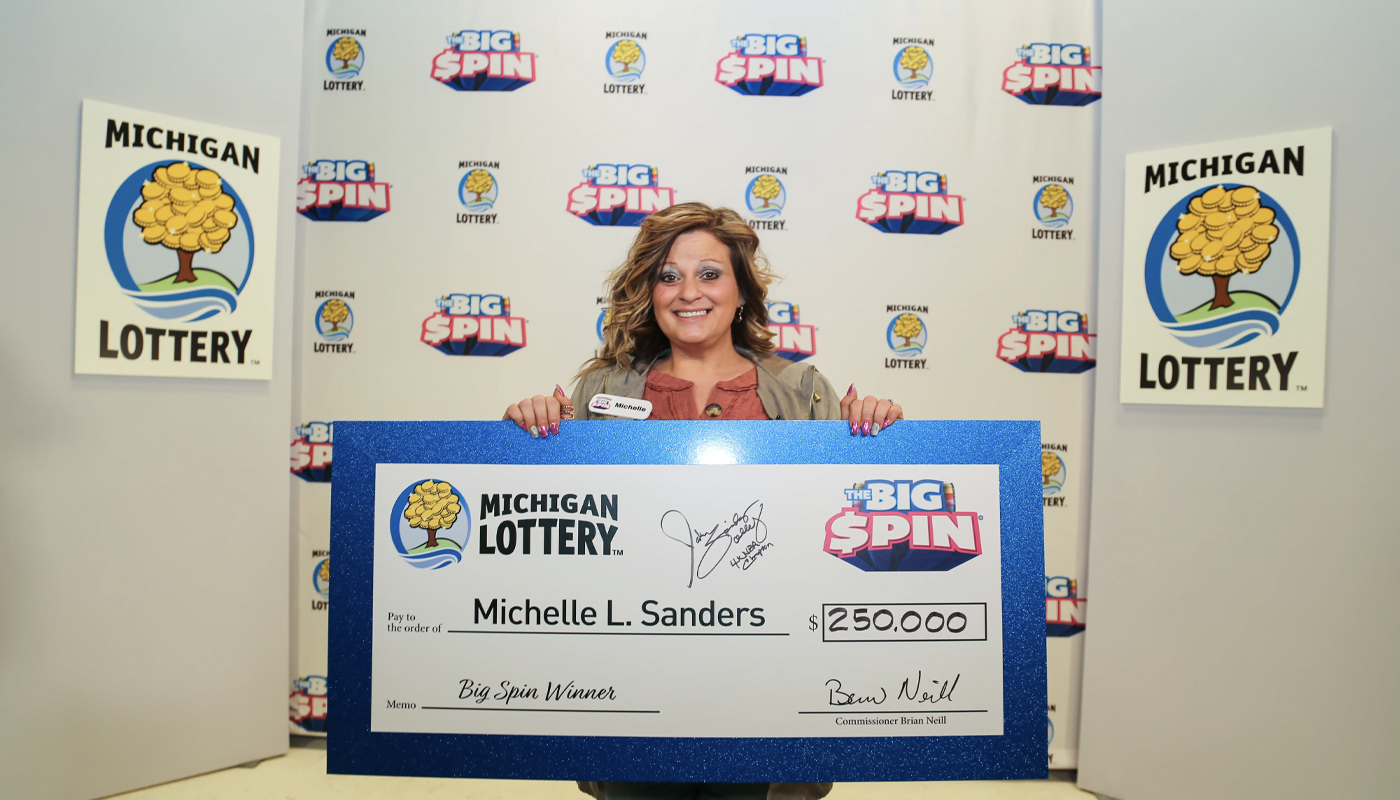

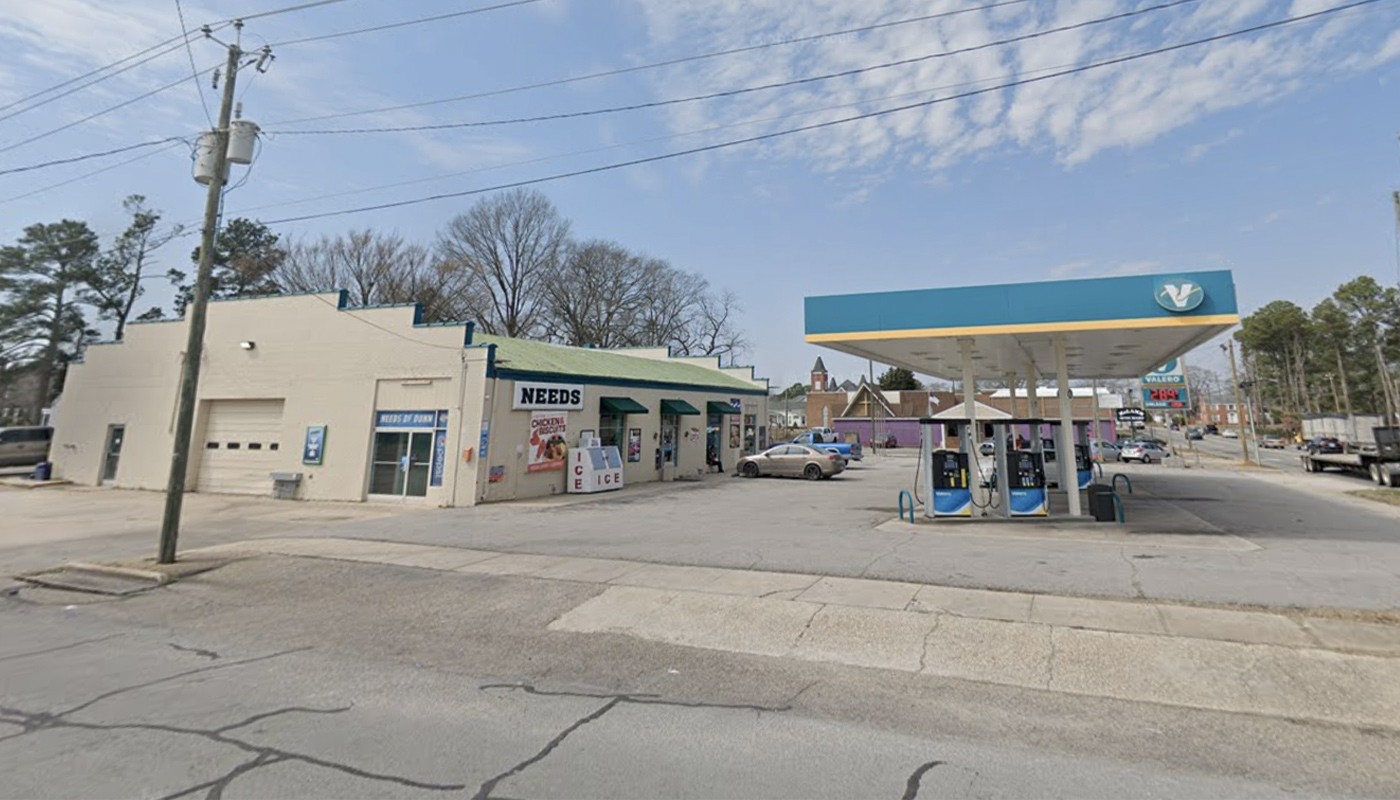









Comments